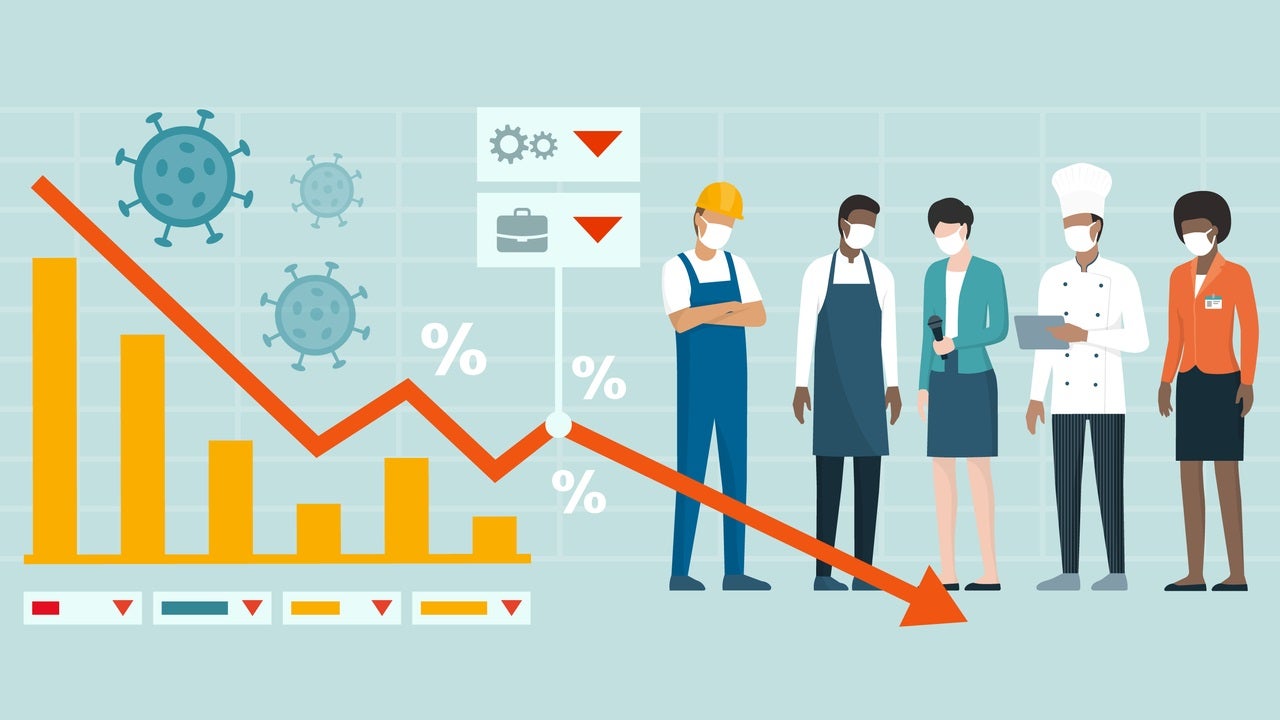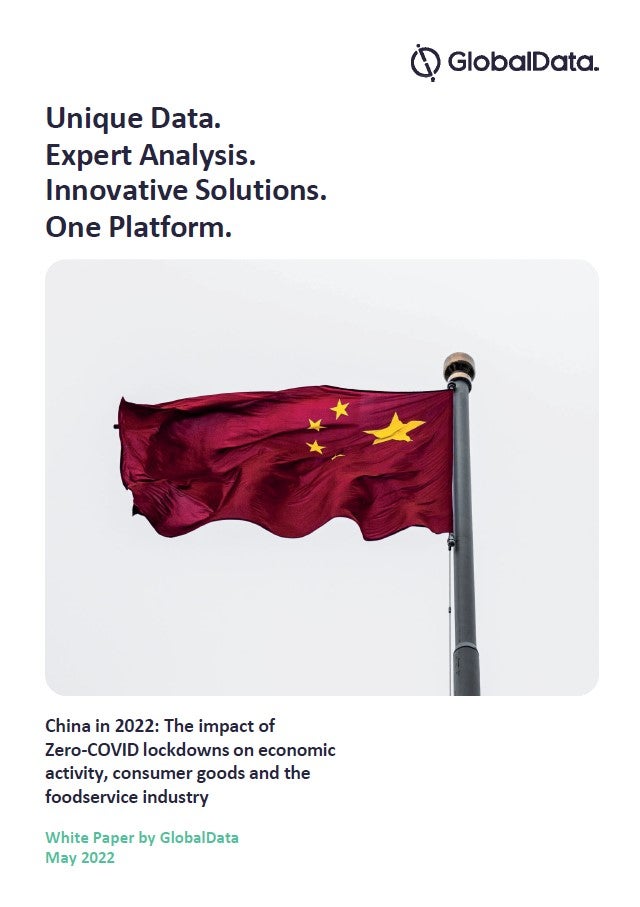
The Covid-19 pandemic has resulted in high unemployment rates and bankruptcies, while threatening to have a lasting effect on living standards. While people and economies shift to new sectors, the adjustment is expected to be long and painful. Macroeconomic influencers share their views on the Covid-19 impact.
Howard Archer
Howard Archer, Chief Economic Advisor to EY ITEM Club, shared an article on comments made by the International Monetary Fund (IMF) that the Covid-19 pandemic will cause “lasting damage” to people’s living standards. The pandemic is expected to result in huge job losses with women and low-skilled workers projected to be most affected. Bankruptcies and extreme poverty are also expected to increase.
Governments may be forced to increase taxes on wealthy people and companies by raising progressive taxes. Taxing high income brackets and affluent individuals will provide access to finance enabling governments to tackle the pandemic, while limiting economic contraction.
The IMF also noted that the pandemic may wipe out some sectors of the economy and that tourism and commodity related economies will be the most affected. The impact of the damage to living standards caused by the pandemic is expected to last for a long time, as the adjustment and shift from struggling sectors to new sectors such as digital technology will be slow.
#IMF forecast sees #UK #GDP contracting 9.8% in 2020 then growing 5.9% in 2021. Our just released forecast sees 10.1% GDP drop in 2020 followed by 6.0% growth in 2021. #Pandemic will cause ‘lasting damage’ to living standards, IMF warns https://t.co/JN3B35VmZd via @financialtimes
How well do you really know your competitors?
Access the most comprehensive Company Profiles on the market, powered by GlobalData. Save hours of research. Gain competitive edge.
 Company Profile – free sample
Company Profile – free sampleThank you!
Your download email will arrive shortly
Not ready to buy yet? Download a free sample
We are confident about the unique quality of our Company Profiles. However, we want you to make the most beneficial decision for your business, so we offer a free sample that you can download by submitting the below form
By GlobalData— Howard Archer (@HowardArcherUK) October 13, 2020
Daniel Lacalle
Daniel Lacalle, chief economist at Tressis SV, shared his article on how bankruptcies are rising despite trillions of dollars in liquidity being poured into the economy. He noted that companies are going bankrupt at a faster pace compared to the Great Depression. Solvency crisis cannot be addressed through liquidity as it only disguises risk but does not resolve the issues associated with solvency such as lack of cash flow, he added.
More than 10% of companies across major economies in the world are on the verge of bankruptcy, according to Moody’s. Lacalle attributes the increase in bankruptcies to the policies adopted during the 2008 crisis. These policies kept sovereign bond yields at low levels and increased liquidity injections, which ultimately benefitted large corporations and kept solvency ratios low. The lockdowns initiated during the pandemic further exacerbated the solvency crisis, he added.
Lacalle recommends the need for open markets and flexible restructuring mechanisms to address the solvency crisis.
Bankruptcies rise despite trillions in new liquidity @mises https://t.co/8CLWV06oKx
— Daniel Lacalle (@dlacalle_IA) October 13, 2020
Gregory Daco
Gregory Daco, chief US Economist at Oxford Economics, shared an article on Johnson & Johnson (J&J) pausing the clinical trials for a Covid-19 vaccine under development, after a patient fell sick. J&J is the second company to have paused clinical trials after AstraZeneca.
Experts noted that such pauses are common and indicate that the regulatory safeguards aimed at protecting the public are in place. Pharmaceutical companies are facing mounting pressure from governments and politicians for quick delivery of a vaccine and such incidents raise safety concerns, the article added.
#johnsonandjohnson said its #COVID19 #vaccine study has been temporarily halted due to an unexplained illness in a trial participant.
This comes a month after #AstraZeneca also had to pause its trials
https://t.co/4N0TVZtVED via @business
— Gregory Daco (@GregDaco) October 13, 2020
John Ashcroft
John Ashcroft, an economist, shared an article on China’s imports growing beyond pre-pandemic levels by 13.2% for the first time since June. Exports also grew by 9.9% in September on a year-on-year basis. The increase in exports comes as markets start to reopen across the world giving a boost to shipments from China.
Food shipments accounts for majority of the imports including grain imports, which increased by 35% from the previous year and meat shipments increased by 40.5%. Electrical and mechanical goods accounted for majority of the exports and increased by 11.8% compared to the previous year.
As Europe and the US experience a second wave of Covid-19 infections, it is unclear as to whether it will affect the Chinese economy.
China’s imports post biggest surge since before coronavirus pandemic, as trade recovery gathers steam @SCMPNews https://t.co/hZlA2lxmmm
— John Ashcroft (@jkaonline) October 13, 2020
Linda Yueh
Linda Yueh, economist at University of Oxford, shared an article on China’s plans to test more than nine million people in the city of Qingdao after 12 new infections were discovered at the Qingdao Chest Hospital. The hospital is treating travellers from abroad although the exact source of the infection is still unknown.
The cases were linked to patients of the hospital apart from a taxi driver. The hospital as well as other locations visited by the taxi driver have been placed under lockdown as part of containment measures. The cases occurred after the Golden Week holiday in the country, during which millions of people travelled domestically.
https://twitter.com/lindayueh/status/1315910661185122304







Related Company Profiles
Moody's Corp
Oxford Economics Ltd
University of Oxford
AstraZeneca Plc